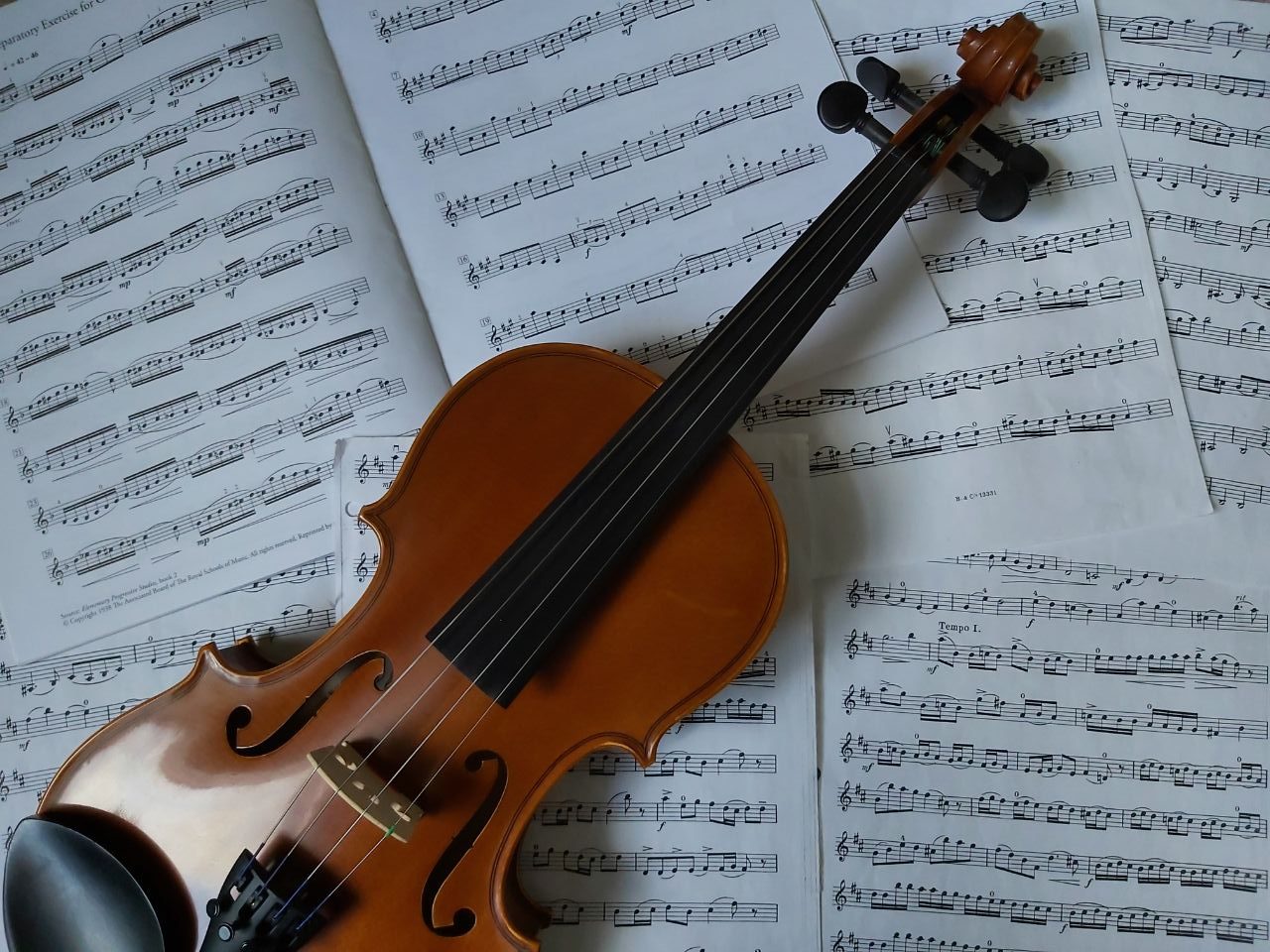With the convenience of apps like Spotify or iTunes, music is always readily available at our fingertips. Can you imagine getting through the day without listening to music? If your answer is “no,” that may be a good sign.
Music has been used in a broad range of contexts to study its effects on human behaviour and physiology.
“Music as a mood induction is very reliable and has been used as an effective manipulation in mood induction experiments for decades,” says Dr. Jennifer Mills, an associate professor and director of clinical training at York’s psychology department.
In a study on how music affects reinforcement learning, it was found that the areas of the brain involved in rewards and emotions were activated when participants listened to pleasurable music.
Listening to enjoyable music affects the “dopaminergic reward system,” and specifically the “dopamine release in the ventral striatum seems to play a major role in the rewarding aspect of listening to music.”
Dopamine is a neurotransmitter that serves many biological functions. Often referred to as the “happy” hormone, dopamine makes us feel motivated, happy, and focused when released in the brain. Thus, listening to music we find enjoyable can lead to an increase in dopamine, which can help those experiencing symptoms of depression.
“People are drawn to music that makes us feel like somebody else is going through similar experiences or emotions as us, or that gives us a cathartic outlet.”
Another study examined if music could decrease “levels of anxiety, stress, and depression of patients before undergoing an invasive procedure.” The patients were divided into two groups: one group listened to 20 minutes of music prior to the angiography, and the second group did not.
Results concluded that the first group of patients showed a decrease in depression, anxiety, and stress after listening to a “20-minute relaxing music tape.”
However, our state of mind greatly affects our choice in music.
“People are drawn to music that makes us feel like somebody else is going through similar experiences or emotions as us, or that gives us a cathartic outlet. They can figuratively ‘dial up’ or ‘dial down’ the intensity of their emotions by listening to music,” says Dr. Mills “That can be extremely beneficial to help people realize that moods come and go, so that they can tolerate mood swings without feeling overwhelmed.”
Why do we listen to particular songs when experiencing certain emotions?
“I tried listening to cheerful music or playing cheerful music when in a bad mood, but it only brought more negativity for me. I am not sure why, maybe it’s because it makes me long for the happy moments described in the song or felt in the piano piece, but in that moment it seems unattainable,” said Vera Kornilovsky, a fifth-year French studies student and a member of the Pianists Association at York.
One study looked into the relationship between music and depressive symptoms.
“In a clinical setting, patients diagnosed with affective disorders were instructed to use music in a positive way (healthy music management), which had a positive influence on their mental health,” the study states.
Researchers encourage us to be “deliberate and intentional” in the music we listen to, and to be aware of how we engage with the music in order to reap its therapeutic effects.
The study makes a clear distinction between adaptive (healthy) and maladaptive (unhealthy) music management. Adopting adaptive strategies, “such as music reappraisal, problem-solving, and distraction in music engagement have shown increases in well-being alongside decreases in depression and anxiety.”
Emphasizing that emotional regulation is key for a healthy mind. The study claims that this ability is “shown to be impaired in depressed individuals who are more prone to employ maladaptive strategies such as suppression and rumination.” The researchers encourage us to be “deliberate and intentional” in the music we listen to, and to be aware of how we engage with the music in order to reap its therapeutic effects.
Genre is also an important factor. The study found that of the 23 genres of music, “the genres melodious, classical, and sad music showed at least small correlations with musical engagement.”
“When I play a sad emotional piece of classical music, I feel more attached to the music,” said Kornilovsky.
The study examining the relationship between music and depressive symptoms concluded that there is a powerful benefit to playing musical instruments as well. Affect regulation was improved with musical training and possessing music skills led to more healthy music engagement of the participants.
“Overall, the results show that musical engagement either through listening or active participation in musical activities is an indicator for the well-being of the individual.”




